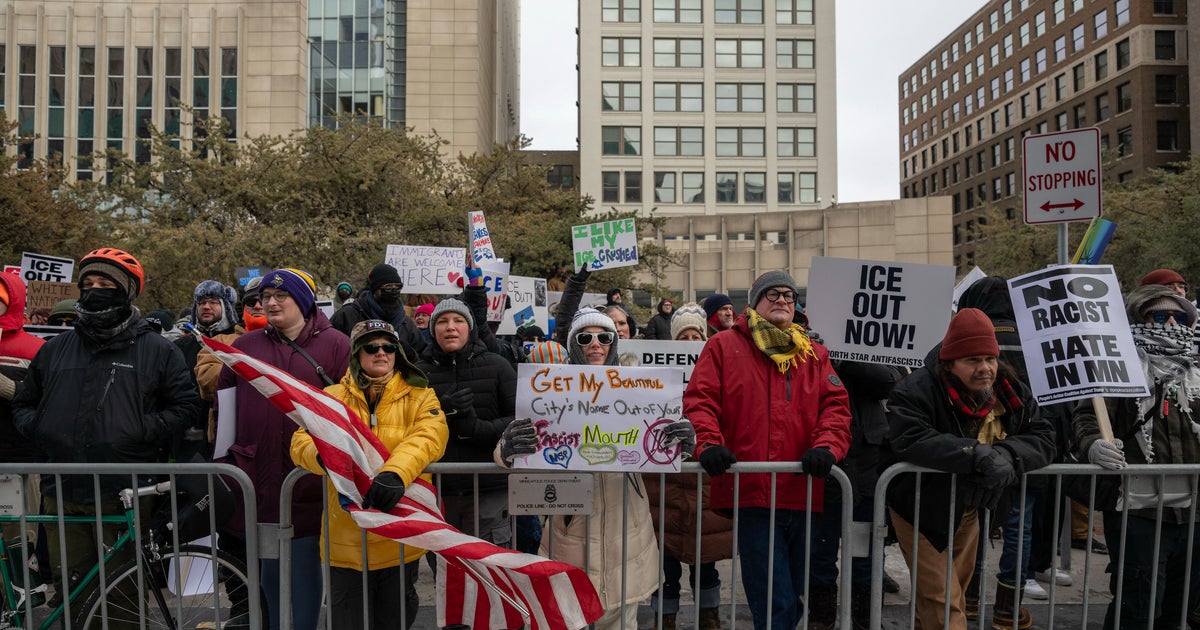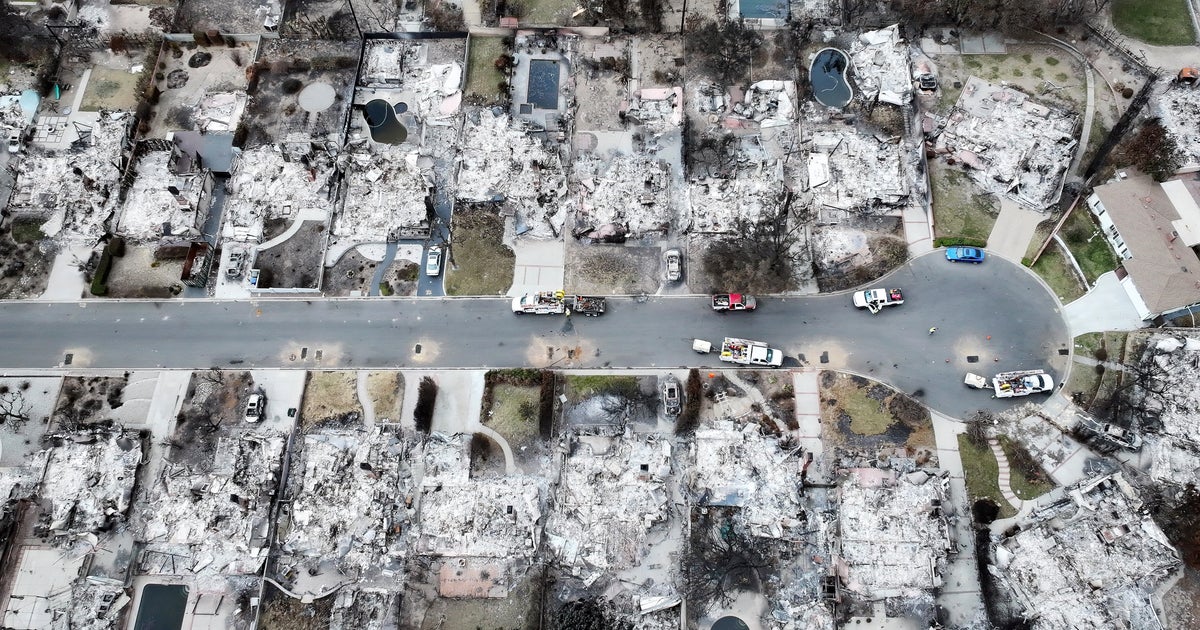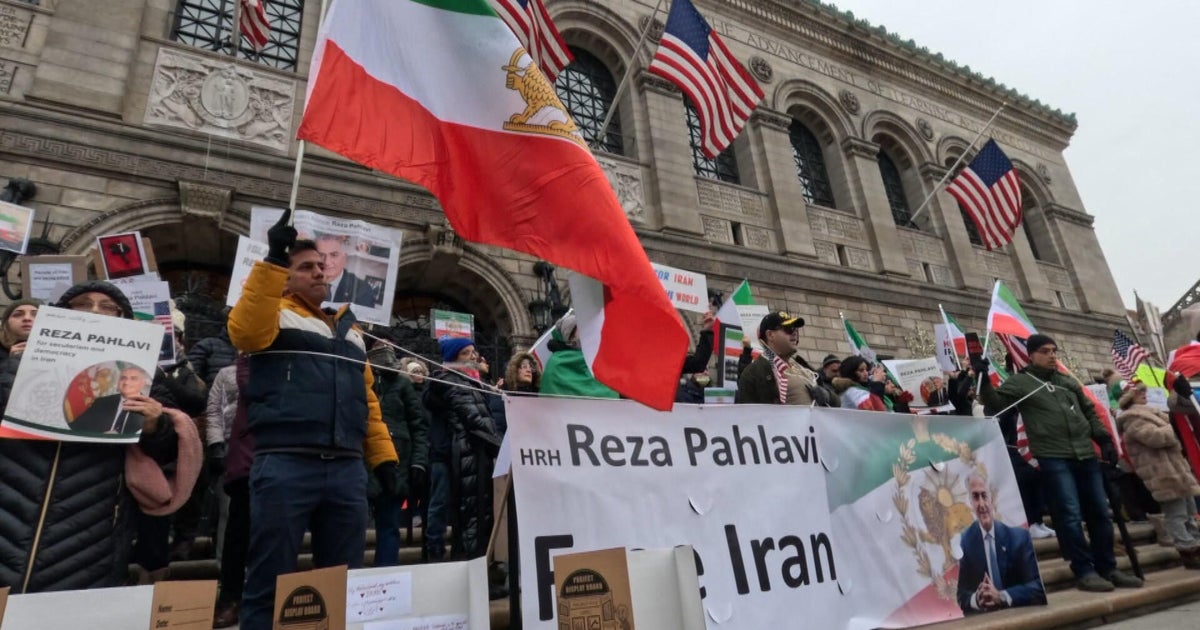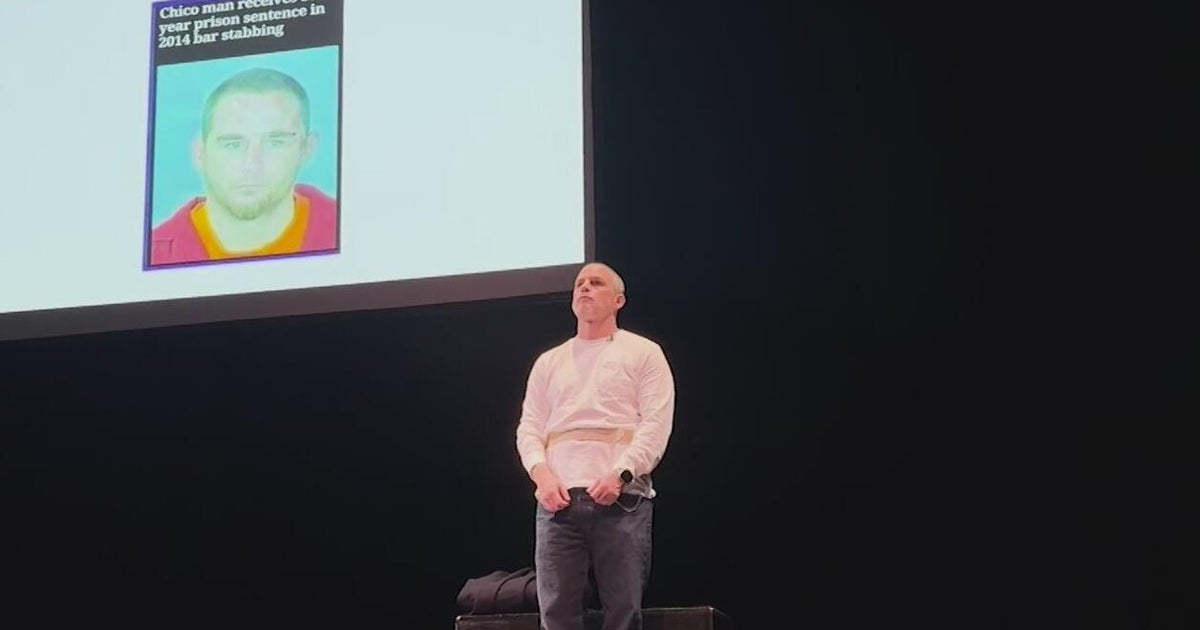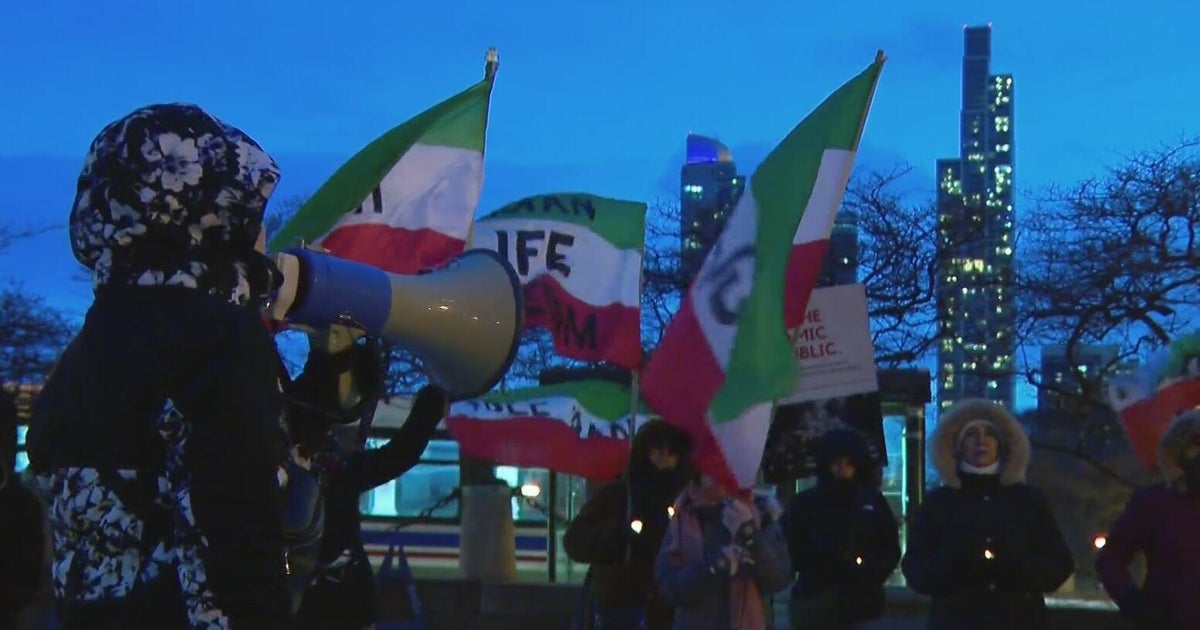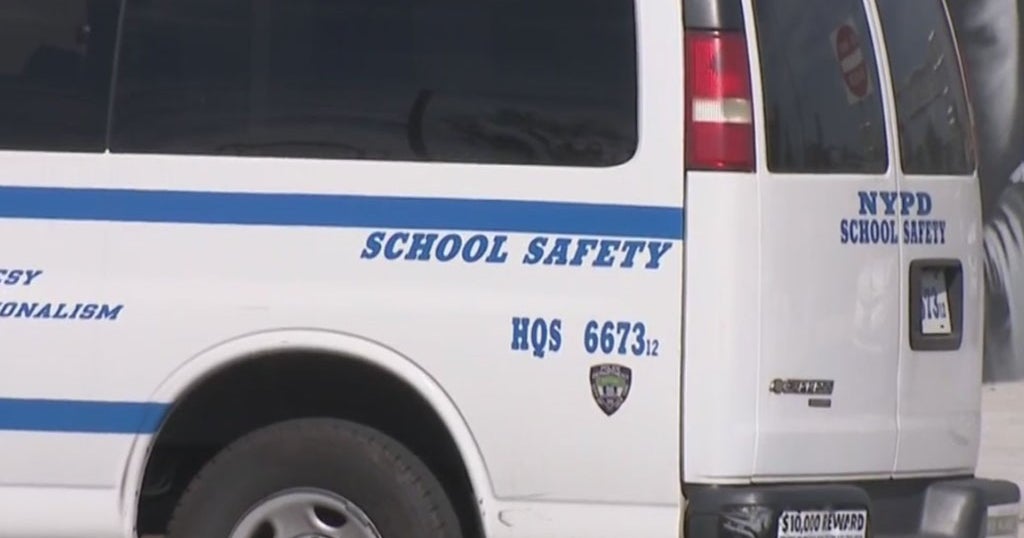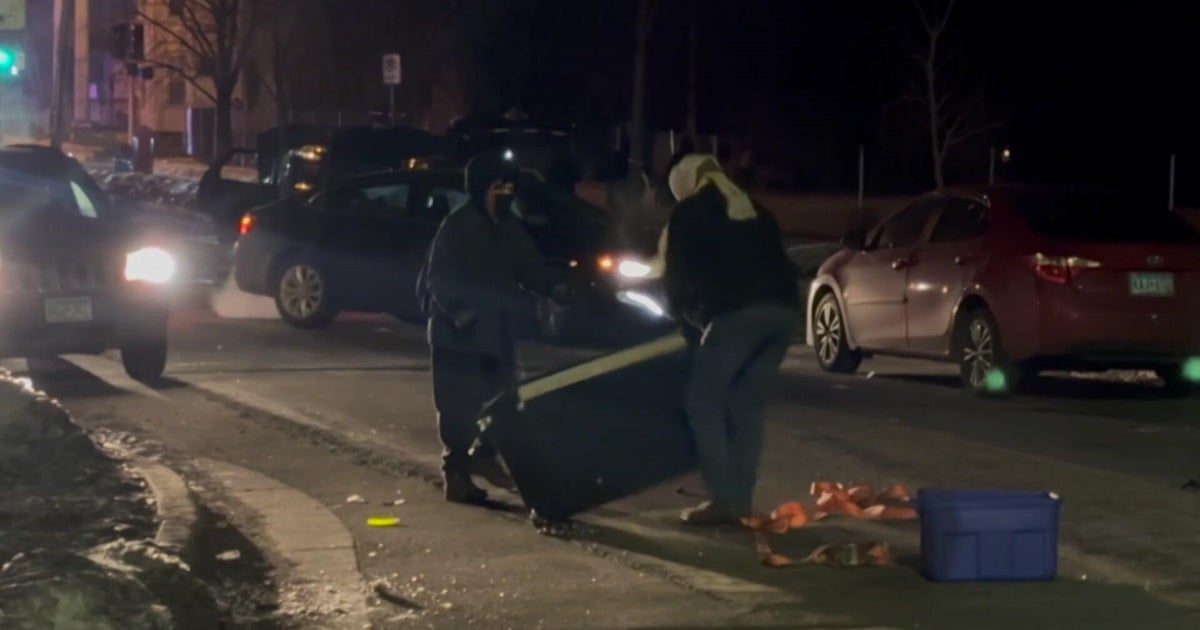UC Files Suit Against 'Occupy The Farm' Protesters In Albany
ALBANY (CBS SF) - The University of California filed a trespass and nuisance lawsuit Wednesday against 14 people that it alleges have illegally occupied a university-owned parcel of land in Albany for the past two and a half weeks.
The university said in a statement that the suit, which was filed against "Occupy the Farm" activists in Alameda County Superior Court "represents an additional step" it is taking "to regain control of its property so that it can be used for agricultural research and education."
However, the university said, "The occupiers still have the opportunity to accept a proposal that would allow for a peaceful end to the illegal encampment, resumption of research activities and the continuation of urban farming on portions of the land that will not be utilized by faculty and students."
The protest began on Earth Day, April 22, when a group of protesters calling their movement "Occupy the Farm" took over a 10-acre plot of land known as the Gill Tract, located near the corner of Marin and San Pablo avenues.
Protesters, who have planted vegetables at the site, say they are occupying the land because they want it to be preserved for sustainable agriculture.
The protesters allege that UC plans to replace the current agricultural land with commercial, recreational and open space.
But university officials say the existing agricultural fields will continue to be used as an open-air laboratory by the students and faculty of the College of Natural Resources for agricultural research.
Officials say the parcel of land slated to be developed is to the south of the Gill Tract, at Monroe Street and San Pablo Avenue. That land hasn't been farmed since World War II, according to the university.
KCBS' Margie Shafer Reports:
UC police came to the site early this morning to put concrete barriers in place at the two vehicle entrances to the property.
UC Berkeley spokesman Dan Mogulof said cars not associated with the university won't be allowed in, but people on foot are still able to come and go.
Occupy the Farm spokeswoman Anya Kamenskaya, who is one of the defendants named in the university's lawsuit, said earlier today that police told protesters that if they were to interfere with the placement of the barricades, they could be subject to chemical agents or other consequences.
Kamenskaya, a UC Berkeley alumna, couldn't immediately be reached for comment after the lawsuit was filed.
According to a statement issued by Occupy the Farm, protesters will meet at the North Berkeley BART station at 6 p.m. Wednesday night and march to the Gill Tract "to support our comrades, the land and food sovereignty."
The statement advises participants, "Bring banners, signs, warm clothes, tents and sleeping gear (if you'd like to stay overnight)."
The university's suit alleges that the 14 named defendants, along with other unknown individuals who are sued as "Does," conspired to cut locks, enter the property illegally and establish an illegal encampment.
The university said there are no current UC Berkeley students among the named defendants.
The lawsuit alleges that, "The defendants continue to trespass on the property, despite repeated warnings from the UC Police Department that their presence is illegal."
In addition, the university alleges that the protesters' "illegal occupation" is preventing research and educational activities on the property and that if they don't leave the property immediately the growing season will be lost and there will be "substantial harm" to researchers, students and the university.
The suit requests a court order requiring the defendants to leave the property as well as an award of monetary damages for costs the university has incurred or will incur "as a result of the trespass and for the rental value of the land during the occupation."
The university is also seeking payment by the defendants of its attorney's fees under a state law that allows it to recover fees in a lawsuit involving trespassing on lands that are under cultivation.
The university said the suit "is a means to ensure that the trespassers—rather than the university, students and taxpayers—will bear the substantial expenses resulting from unlawful acts."
(Copyright 2012 by CBS San Francisco. All Rights Reserved. This material may not be published, broadcast, rewritten, or redistributed.)
